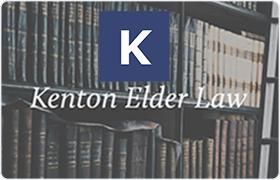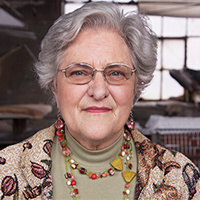Mason County, KY Estate Lawyers
Sponsored Law Firm
-
 x
x

Click For More Info:
-
Kenton Elder Law
713 College Rd Paris, KY 40361» view mapEstate Law Helping Generation After Generation
Kenton Elder Law works with families to ensure smooth financial transitions and long term care arrangements as older adults move into later stages of life.
800-932-7301
John Richard Hutchings
Trusts, Estate
Status: In Good Standing *Status is reviewed annually. For latest information visit here
Tara Nicole Hester
Trusts, Gift Taxation
Status: In Good Standing *Status is reviewed annually. For latest information visit here
 Carolyn Kenton Paris, KY
Carolyn Kenton Paris, KY Practice AreasExpertise
Practice AreasExpertise